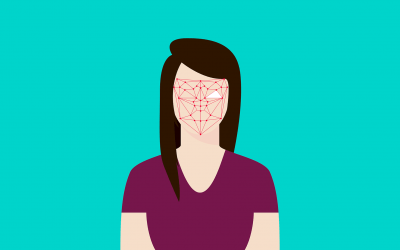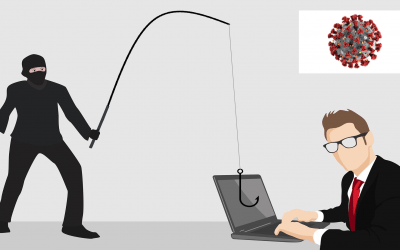Regardless of where this lawsuit goes, one thing is clear: it puts Google’s practices under the microscope. At the very least, the public is now more aware of how Google’s Incognito Mode works. The suit forces Google (and others) to stop burying important information in terms of service, and it places users on notice of what data companies collect. That’s a good thing—for privacy’s sake.
Blackbox: Online voting in the 2020 elections
Experts still have many questions about the security and privacy of electronic voting systems, most particularly those that are completely paperless. Nevertheless, some voting this year will be done in select states by phone or PC.
Hong Kong’s New Security Law: The Battle Between Online Freedom and Chinese Censorship in the Name of ‘National Security’
Shortly after the law was announced, tech companies including Facebook, Google, Twitter, Zoom and LinkedIn have stated they would temporarily stop complying with requests for user data from the Hong Kong authorities—in violation of Article 43 of the new security law.
The New Normal: Mass Temperature Screening and the Law
Written by: Michael Walsh Disclaimer: This post does not contain legal advice. I am not a licensed attorney nor am I qualified to give compliance help or other legal services. This post is for...
Microchipping: The Newest Form of Technological Efficiency or One Step Closer to a ‘Black Mirror’ Dystopia
The chip is roughly the size of a grain of rice and is implanted under the skin between the thumb and the forefinger.
Quiltwork: Existing State Privacy Legislation and Federal Intervention
States are becoming increasingly more concerned about consumer data privacy. With an onslaught of state privacy laws, Congress debates two new comprehensive data privacy bills that resemble the GDPR. Get to know them here.
Facial Recognition: Your Face is Being Stored and We’re Not Prepared to Stop It
The macro and micro consequences of such an innovative yet frightening tool are worth skepticism, but perhaps we can find the middle ground between civil advocates and fast-pace tech executives to forge a more privacy conscious future.
Not everything is what it seems: Deepfakes, a legal perspective
“The underlying technology can be used to supplement our creative imaginations by streamlining CG, but bad actors inevitably end up using the technology for nefarious purposes such as creating antagonistic political spoofs or fake celebrity porn.”
Privacy Amid a Global Pandemic
“Many of us remain hopeful that regardless of the efficacy of this emergency privacy legislation, there appears to be a growing societal and governmental concern and acknowledgment for protecting privacy interests.”









